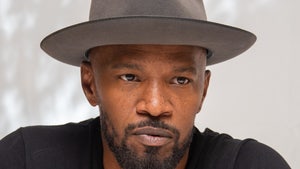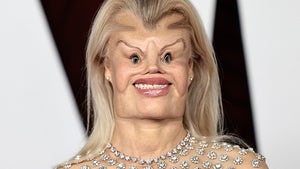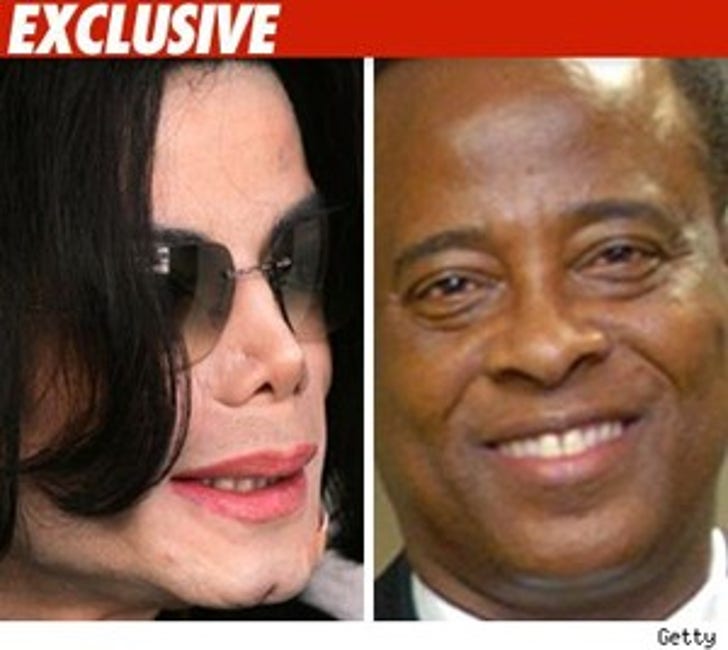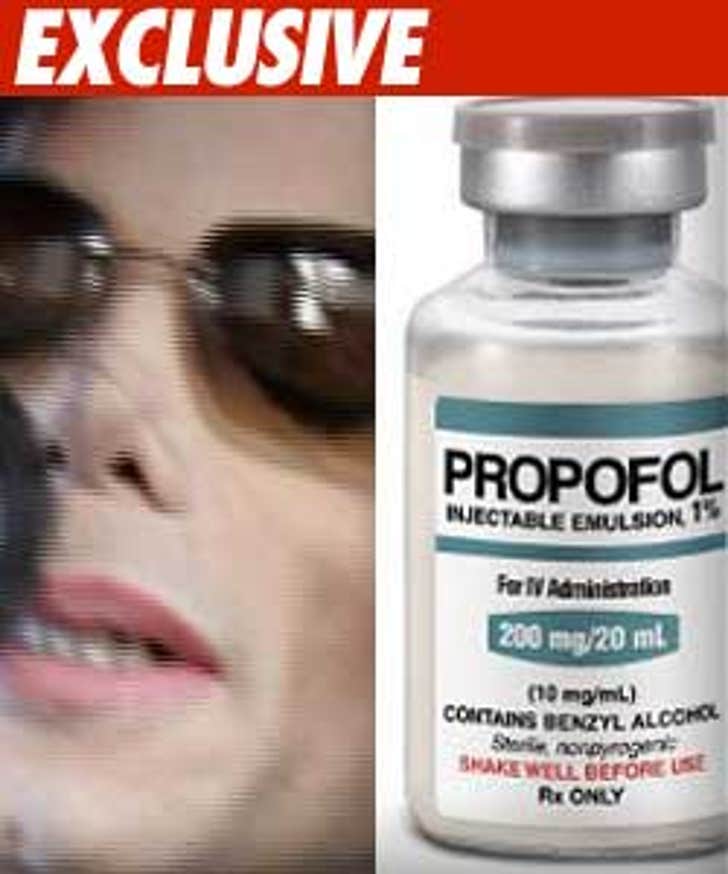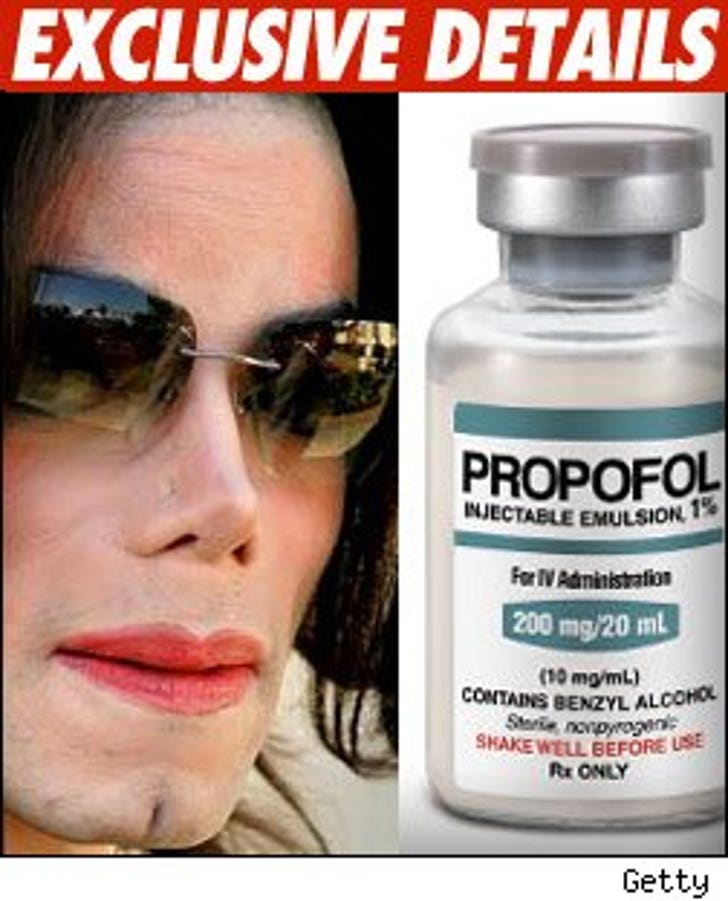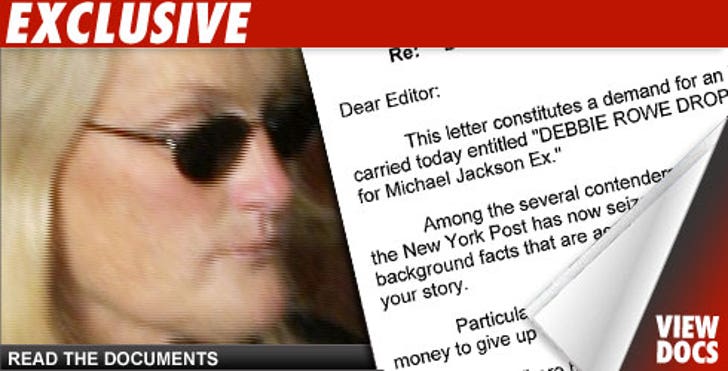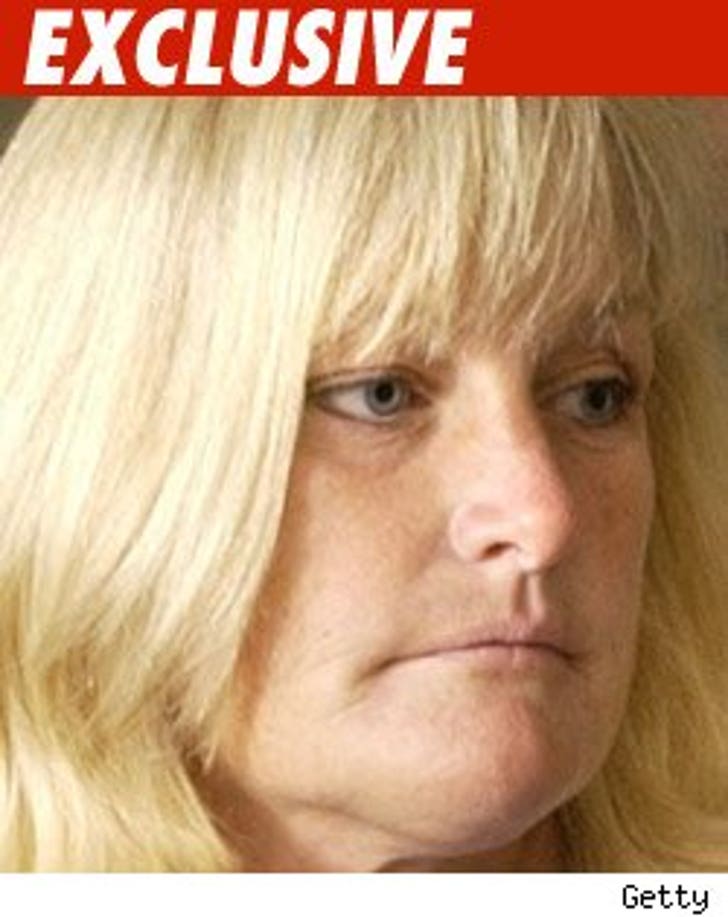LAPD Treating Jackson Death as Homicide
Multiple law enforcement sources tell TMZ the LAPD is already treating Michael Jackson's death as a homicide, and they are focusing on Dr. Conrad Murray.
Law enforcement sources tell us the evidence points to the anesthesia Propofol as the primary cause of Jackson's death. As we first reported, vials of Propofol were found in Jackson's home after he died.
Law enforcement sources say there is already "plenty of powerful evidence" linking Dr. Murray as the person who administered the drug to Jackson. The evidence includes various items found in Jackson's house, including the Propofol, an IV stand and oxygen tank.
Dr. Murray's lawyer would neither confirm nor deny if his client administered the Propofol.
And we've learned the LAPD has had "multiple conversations" with the L.A. County District Attorney's office, although the case has not been formally presented to the D.A.
One Step Closer to Solving Jackson Drug Mystery
We've learned the DEA is hot on the trail of finding out who got the powerful anesthesia that may have killed Michael Jackson.
As we first reported, law enforcement sources tell us they believe Propofol was the primary cause of Jackson's death. One of the vials of Propofol found at Jackson's home was manufactured by Teva Pharmaceuticals. The DEA contacted Teva to track down the vial in question.
Our sources say Teva looked at the lot number of the vial and found some of the vials in the lot went to AmerisourceBergen -- a distributor of the drug. We're told the DEA contacted AmerisourceBergen a few days ago and asked for all sales records of Propofol over a recent two-month period.
We're told the DEA is looking to match doctors or other health care providers that obtained the drug with doctors who have some connection to Michael Jackson.
Anesthesia in Jackson Case Tracked
We've learned several pharmaceutical companies have been contacted by the DEA in the Michael Jackson case and we're told authorities are getting closer to identifying which person may have supplied the powerful anesthesia Propofol that appears to have killed the singer.
Sources tell us law enforcement found vials of Propofol in Michael Jackson's house after he died. The vials all have lot numbers. We're told several days ago the DEA contacted Teva Pharmaceuticals -- which manufactured one of the vials found at the house -- to determine who purchased it.
Teva sells Propofol to medical distributors, who then turn around and sell the vials to hospitals and doctors.
And, law enforcement sources say, the DEA also contacted other manufacturers of Propofol from the other vials found in Jackson's home.
Here's the problem. Although every vial has a lot number, the vials are not marked individually. There are thousands of vials in a lot. So the DEA and LAPD are trying to hone in on the culprit but, we're told, it's no easy task.
Rowe's Lawyer -- Debbie Doesn't Want MJ's Money
Debbie Rowe's lawyer just fired off a letter to the New York Post ... demanding a retraction of its story that Rowe has accepted $4 million to walk away from Michael Jackson's two eldest kids.
The letter -- written by Rowe's lawyer Eric George -- says "Among the several contenders for overzealous and inaccurate sensationalism, the New York Post has now seized top honors."
George says "Ms. Rowe has not accepted -- and will not accept -- any additional financial consideration beyond the spousal support she and Michael Jackson personally agreed to several years ago." This is a very significant statement and we've confirmed it with another Jackson source.
Jackson's Maid -- He Binged On Drugs
One of Michael Jackson's former housekeepers told law enforcement the singer was often in such bad shape from drugs, his eyes would roll back in his head.
We've obtained documents from the Santa Barbara County Sheriff Department's 1993 investigation into allegations of child molestation. Kristina Fournier told deputies back then ... she saw syringes while she was employed at Neverland. Deputies asked her if she ever saw Jackson inject himself with a hypodermic needle -- she said no.
Fournier told deputies she was aware Jackson was under the influence of drugs and "under a doctor's care." Fournier said she saw doctors "come and go" at Neverland.
And Fournier said, on the subject of Jackson's drug addiction, "I think he had good periods and bad periods, and when he had a bad period, he had a bad period. Then he would get off (referring to drugs) and then it would start again."
Fournier said it was "well-known" among the Neverland staff that Jackson had a drug problem -- "Yes, and people would say, his eyes were rolling in the back of his head and he wouldn't know what he was talking about."
Debbie Rowe Injected Jackson with Drugs
Debbie Rowe frequently injected Michael Jackson with drugs while she worked for Jackson's dermatologist, Dr. Arnold Klein.
We've obtained law enforcement documents from the 2005 molestation trial. Included in the records is an affidavit from a Santa Barbara County Sheriff's deputy who served a search warrant on Dr. Klein in 1993 to obtain Jackson's medical records during the first molestation investigation.
In the affidavit, the deputy writes, in August 1993, "...Ms. Rowe observed the back of Jackson's body while she gave him massages to help him sleep. Ms. Rowe also observed Jackson's buttocks on numerous occasions when she gave him injections prior to acne treatments."
The affidavit does not specify the type of drug Rowe administered. As we reported, Jackson sought out anesthesia and other sedatives for even minor procedures, including acne treatment.
Jackson Doc Did Not Fully Cooperate
The assistant coroner who just went to Dr. Arnold Klein's office for Michael Jackson's medical records just confirmed our story -- that he went to the office because Dr. Klein was not fully cooperating with their request for documents.
Assistant Chief Coroner Ed Winter just told us ... on July 2 his office contacted Dr. Klein's office and requested Jackson's medical records. Klein's lawyer sent partial records and then promised to send the rest later, but never did. Winter told us his office then called Dr. Klein's rep to say they still hadn't received the documents but Klein's people never responded.
And Winter says, that's why he went to Klein's office today. Winter tells us a lawyer for Dr. Klein was in the office and another lawyer was on the phone. Winter says the lawyers promised to ante up the additional files within 24 hours.
We spoke to Ed after he talked to the press outside of Dr. Klein's office today -- when he said Klein had fully cooperated.
Jackson's Docs Allegedly Manipulated Pharmacies
We've obtained law enforcement documents from Michael Jackson's 2005 molestation trial -- and the depth of the singer's drug dependency is further surfacing.
As far back as 1993, Jackson was using aliases to score drugs, according to an employee at the Neverland Ranch. Joey Jeszeck, who worked security, told Santa Barbara County Sheriff's deputies in 1993 that Jackson would ask him "to go to a pharmacy and pick up his prescription for him." Jeszeck said sometimes the scripts were in the name of other people.
The report says: "Sometimes the pharmacy wouldn't release Jackson's medication to him since it was not in Jeszeck's name. Jackson would then call the doctor and have the prescription changed into the name of the person he was sending to pick it up."
Jeszeck said "one of these doctors was Dr. Farshchian in Florida."
Jackson's Knack for Picking Friendly Docs
Michael Jackson had a way of picking doctors who became such close friends with him that the doctor-patient distinction became blurred.
Dr. Alex Farshchian from Miami was "awe-struck" by Jackson, according to former L.A. County Sheriff's Deputy Michael Laperruque, who worked security for Jackson. We obtained notes from an interview Laperruque had with detectives during the child molestation investigation in Santa Barbara. Laperruque said Dr. Farshchian was so enamored with Jackson, he invited the singer to stay at his house in Miami. Laperruque says Jackson took the doctor up on his offer and ended up staying in his converted garage. The question -- why would Jackson settle for such accommodations?
Laperruque told detectives "Farshchian may have been over prescribing medication."
Dr. Arnold Klein was Jackson's longtime friend and Beverly Hills dermatologist. Klein bragged on Larry King that he has slept in the same room as Jackson and shared a close bond with him, going on numerous vacations with the singer. One of Jackson's drivers told the coroner Jackson would spend 3 - 4 hours in Klein's office and come out looking disoriented. A former bodyguard said he also saw Jackson leave Klein's office looking out of it. And powerful prescriptions were found at Neverland -- prescribed by Dr. Klein. The prescriptions were written for Frank Tyson, who worked for Jackson. A former bodyguard said Jackson would use Tyson's name to score drugs. Klein has said he prescribed Demerol for Jackson, a drug to which Jackson was addicted.
Dr. Allan Metzger, who practices in West Hollywood, went on one of Jackson's concert tours and was close to him. He even videotaped the singer's wedding to Debbie Rowe. Dr. Metzger received a public reprimand for prescribing drugs to Janet Jackson under an alias. Dr. Metzger would not tell us whether he ever prescribed drugs to Michael under an alias. He told us he has not been Jackson's doctor for years, but he spoke with him as recently as last April about medical issues and personal matters.
Some medical experts suggest it's a bad idea for doctors to become close to their patients because the doctors must retain the power to say "no" when the patient wants something that is not medically appropriate. Whatever his motives, Michael Jackson had a talent for picking doctors who were more than happy to pick him as a friend.
